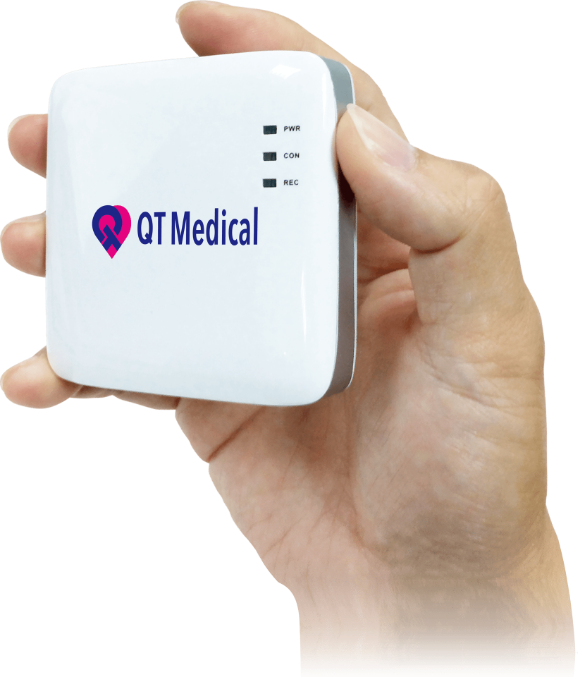What does an ECG do?
An ECG is a relatively quick, painless, and non-invasive test that measures the electrical activity of your heart. Since the heart releases an electrical discharge with every beat, an ECG can monitor for any abnormalities that may signal a blockage, weakness, or congenital anomaly. Today, there are various types of ECGs that doctors can order to provide clear information about a patient’s cardiovascular wellness.
Resting 12-lead ECG
As its name implies, a 12-lead ECG provides 12 displays that are derived by using 10 electrodes. It is considered a resting ECG, so patients are simply required to lay down, or sit up for the duration of the test — which takes about 5 to 10 minutes. This is the most common type of ECG and also one of the easiest to complete. Because you are asked to stay still during a resting ECG, the results that it will record are typically reflective of your heart at rest — hence its name.








